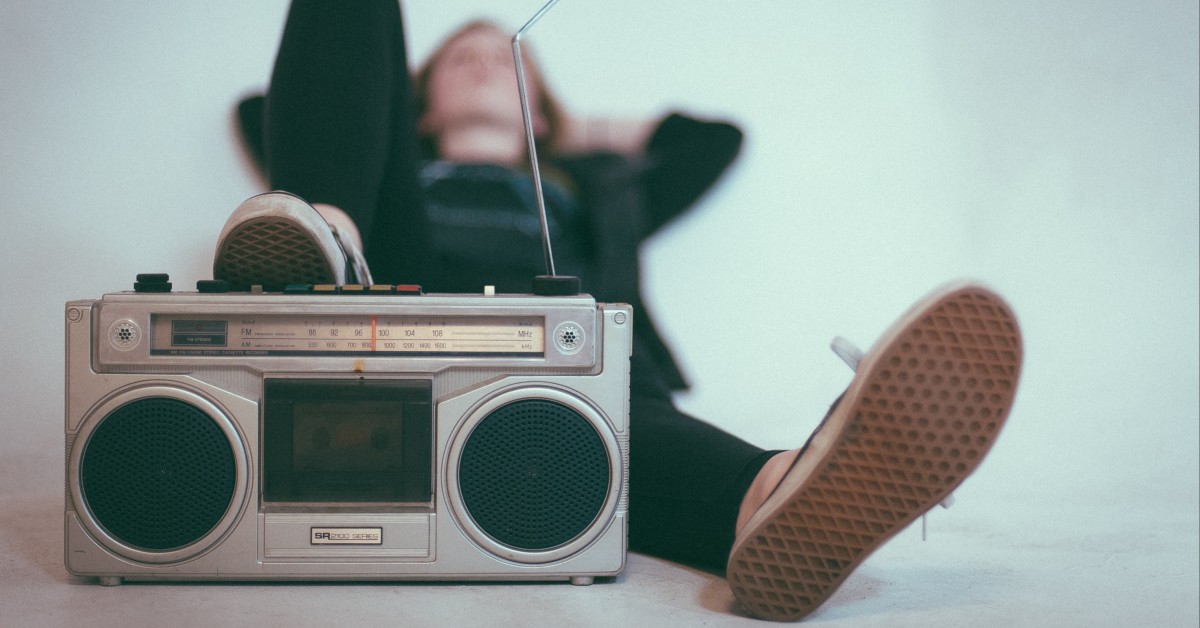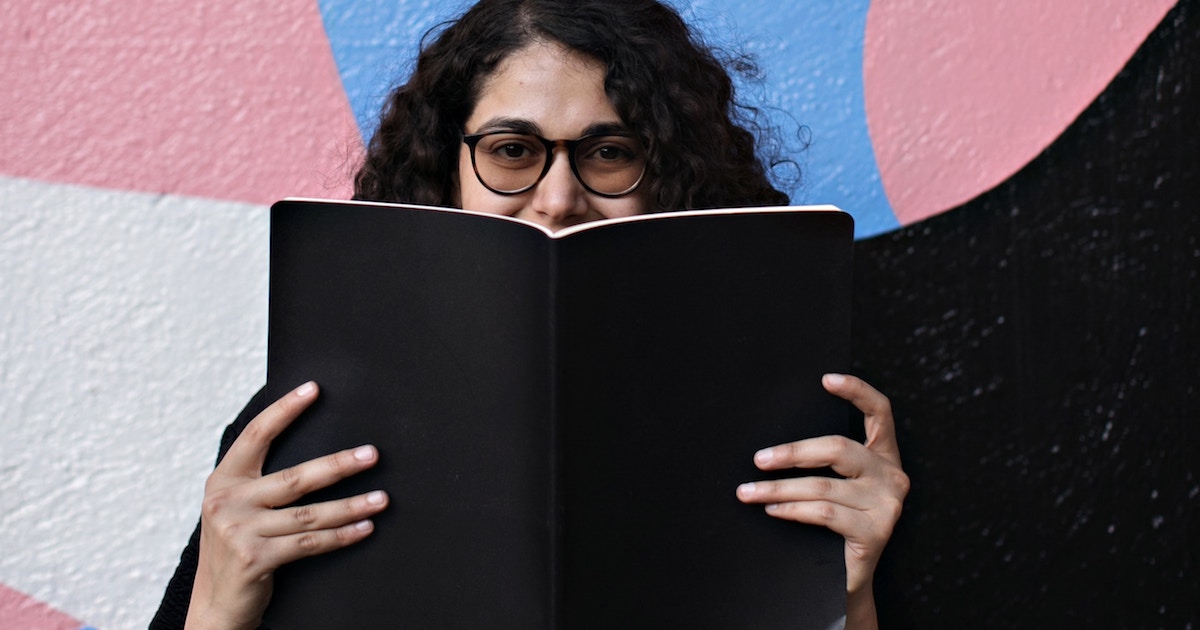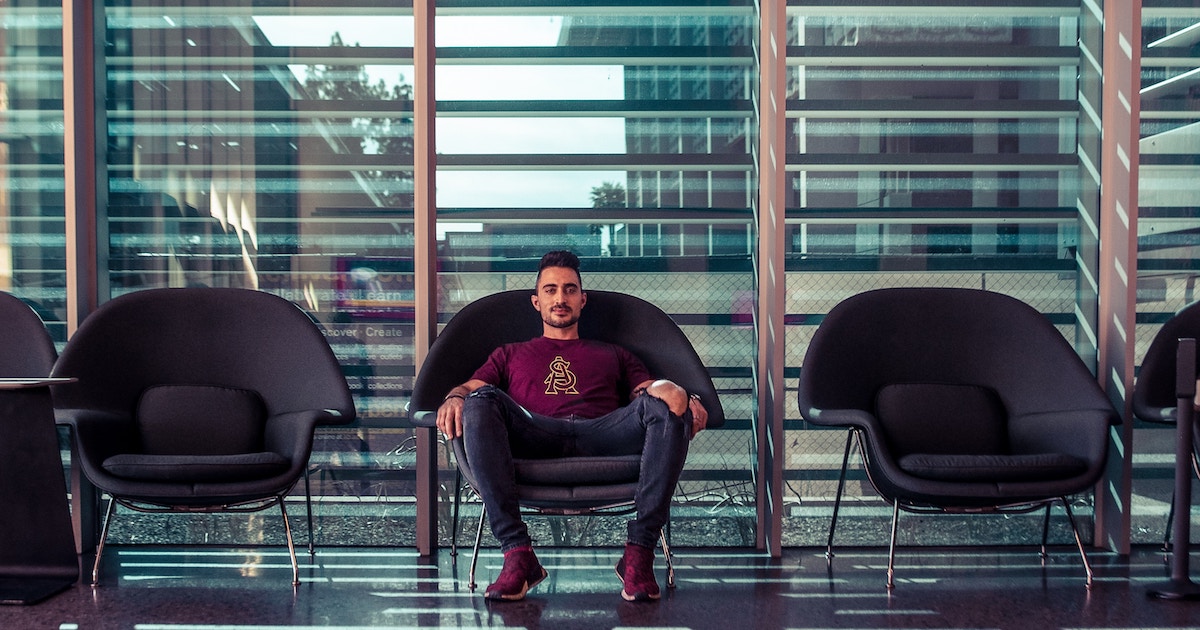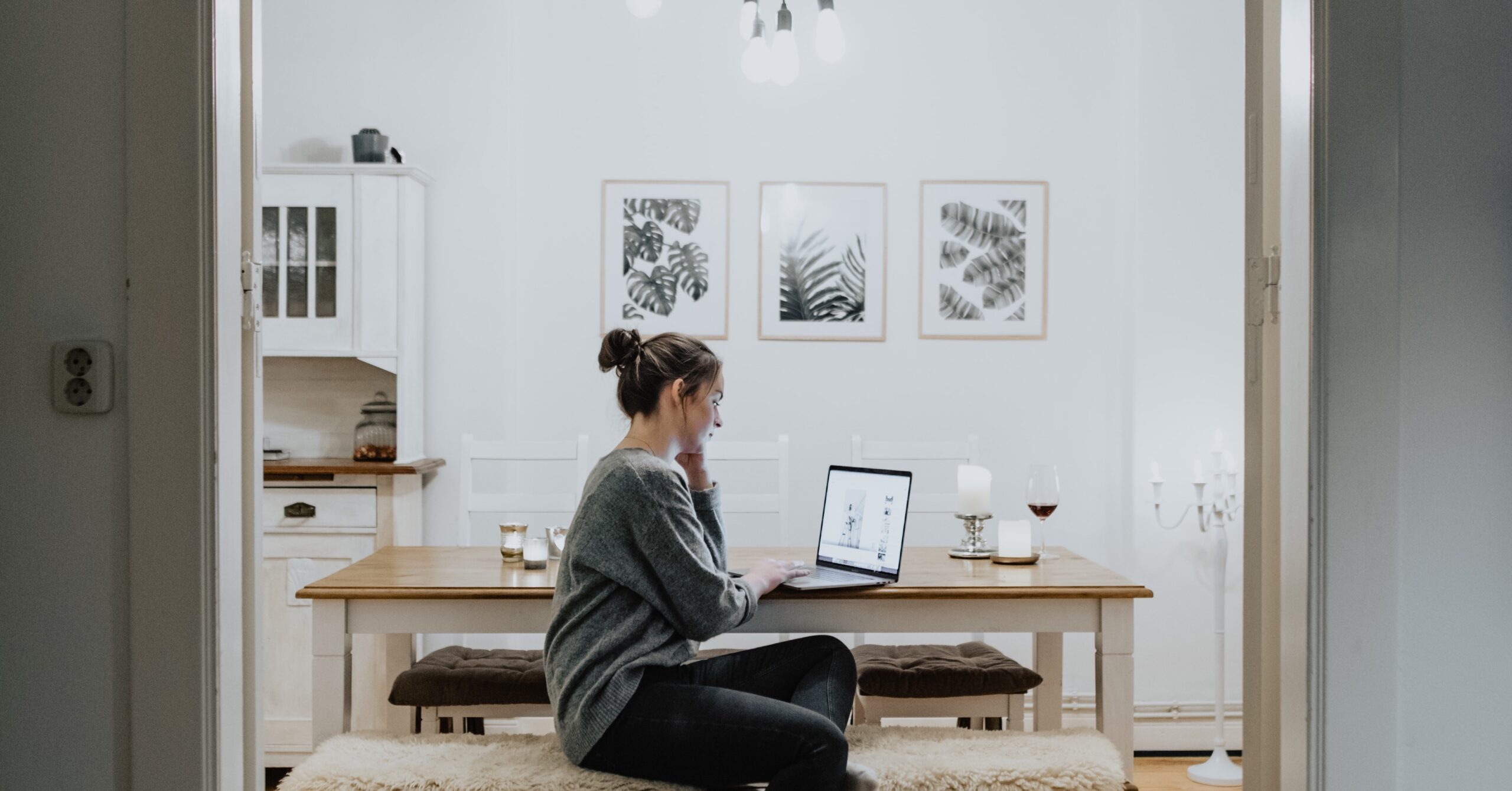
Is a Master's in Computer Science Worth It?
A master's in computer science may take you two years [...]
I didn’t even know what special education was until I took a psychology course in my last semester of college. If there were students with disabilities in my classes at the private Christian K-12 school that I attended, I wasn’t aware of them. There were maybe one or two students with noticeable learning differences, but it’s easy for children to accept this as normal when the adults in the room don’t make a huge deal about it.
While my teachers may not have been the most tolerant of ideas that they felt went against the Bible’s teachings, they always affirmed and supported the students themselves. This promise of acceptance contributed to my parents’ decision to send me to that private school in the first place.
Unlike public schools, private schools can accept or reject any students they choose to. Many families with children with more complex needs (whether behavioral or medical) are frustrated by the fact that private schools in some states receive some government funding while also excluding students.
According to a 2016 report by the Council of Parent Attorneys and Advocates called “School Vouchers and Students with Disabilities: Examining Impact in the Name of Choice,” seventeen states offer school voucher programs specifically for students with disabilities. Some of the key findings of the report were:
While a voucher can get a student with a disability through a private school’s doors, it does not guarantee them special education services. According to the Individuals with Disabilities Education Act, or IDEA, private schools are not required to deliver the same standard of services as public schools. Any services that students with disabilities receive in private schools are different from having an Individualized Education Program, or IEP, which students with disabilities receive at public schools.
One of the most common ways that private school students receive special education services is through service plans. Speech, occupational, or physical therapists provide services for students in private school or home school environments. In some instances, depending on arrangements with the school districts, services could look like special education teachers consulting with private school staff via disability-specific training. Additionally, students eligible for special education in private schools may receive services rendered by a teacher or consultant from a nearby public school.
| University and Program Name | Learn More |
|
Merrimack College:
Master of Education in Teacher Education
|
For families who advocate for inclusive education, choosing to attend a private school may sound counterintuitive. But for families like Christian’s, it seemed like the best choice.
Christian is a young man with Down syndrome who was included in general education at his local public school over 80 percent of the time from kindergarten through 2nd grade. It was a continual struggle with the school system to keep him included, even when an independent evaluator paid for by the school system recommended that he be included in general education classes.
When the school district balked at another full inclusion year, Robin (Christian’s mother) met with the local private school where Christian’s siblings attended and inquired about having Christian attend there. The administration was thrilled to consider this opportunity, citing that they thought that the family should go to school together. This idea of including Christian had been floating around for a couple of years, so the administration took time to prepare using All Belong‘s resources. This religious organization provides support and training for schools to include students with disabilities. Christian will be attending the private school for the 2020-21 school year utilizing the Georgia Special Needs Scholarship available to families.
Sam Meyers, another student with Down syndrome, attended Mansfield Christian School in Ohio because of the Jon Peterson Special Needs Scholarship. Because Sam was bullied at his local public school, his mother Tera pulled him and his sister out of the school and enrolled them in a virtual charter school. Then, after Tera spent years as an advocate for school choice, Sam’s Special Needs Scholarship was approved. Today, a video on the Mansfield Christian School website shows Sam going to the same classes as his typically developing peers and developing a relationship with his school community.
Some parents are trying to find inclusion in private schools, but there is also a movement among leaders and educators at Catholic schools to include students with more significant disabilities. The National Catholic Board on School Inclusion was started by an educator and mother of Patrick (a boy with Down syndrome), Beth Foraker. Her other children attended Catholic school, and when Patrick was old enough she inquired about his attending the same school as the rest of her children.
With the approval of the parish priest and school principal, Patrick began kindergarten at St. James School in Davis, California. He was the first student in his school and the first in Sacramento’s diocese with Down Syndrome to be fully included.
Since then, The National Catholic Board on Full Inclusion has been a resource for families who want their children with disabilities to be included in Catholic schools. Their website includes an interactive map that shows where all of the most inclusive schools and dioceses are in the United States.
Questions or feedback? Email editor@noodle.com

A master's in computer science may take you two years [...]

Do music teachers make more than their fellow educators? Not [...]

Some kindergarten teachers earn $98,000 a year. That likely won't [...]

Corporate operations don't run themselves. They need to be managed, [...]

A information technology master's degree can position you for management [...]
Categorized as: Special Education, Education & Teaching